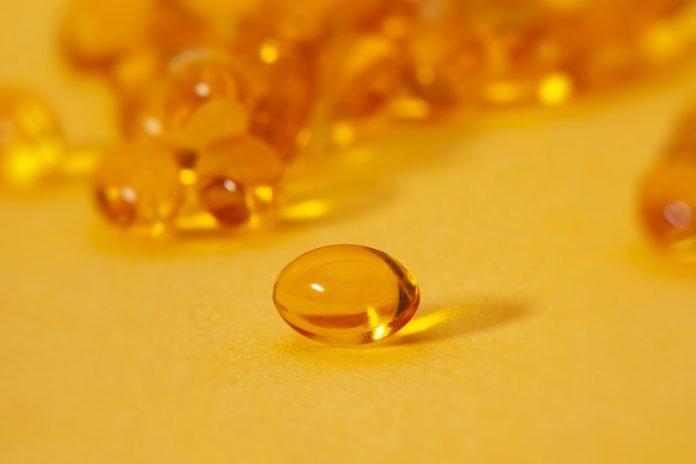
In a recent international study published in the Journal of the National Cancer Institute, researchers found higher vitamin D concentrations in the blood are strongly linked to lower colorectal cancer risk.
Colorectal cancer is the third most common cancer and the third leading cause of cancer-related deaths in both men and women in the United States, with about 140,250 new cases and 50,630 deaths expected during 2018.
Vitamin D, known for its role in maintaining bone health, is hypothesized to lower colorectal cancer risk via several pathways related to cell growth and regulation.
Previous studies have had inconsistent results for whether higher concentrations of circulating 25-hydroxyvitamin D (the accepted measure of vitamin D status), are linked to lower risk of colorectal cancer.
The few clinical trials of vitamin D supplementation and colorectal cancer completed thus far have not shown an effect.
In the study, the team analyzed data collected before colorectal cancer diagnosis from 17 prospective cohorts. The analysis included over 5,700 colorectal cancer cases and 7,100 controls from the United States, Europe, and Asia.
A single, widely accepted assay and laboratory were used for new vitamin D measurements and calibration of existing vitamin D measurements.
The team found that compared to participants with vitamin D concentrations considered sufficient for bone health, those with deficient concentrations of vitamin D had a 31% higher risk of colorectal cancer during follow-up, which averaged 5.5 years.
Similarly, concentrations above bone health sufficiency were linked to a 22% lower risk. However, the risk did not continue to decline at the highest concentrations.
The lifetime risk of colorectal cancer is 4.2% (1 in 24) in women and 4.5% (1 in 22) in men. Currently, health agencies do not recommend vitamin D for the prevention of colorectal cancer.
This study adds new information that agencies can use when reviewing evidence for vitamin D guidance.
It suggests that the concentrations recommended for bone health may be lower than would be optimal for colorectal cancer prevention.
Vitamin D can be obtained in the diet, particularly from fortified foods, from supplements, and from sun exposure.
Experts recommend vitamin D be obtained through diet whenever possible because excessive ultraviolet radiation is a major risk factor for skin cancer.
If you care about colon cancer, please read studies about the cause of colon cancer and findings of aspirin may reduce the risk of colon cancer by 40%.
For more information about colon cancer treatment and prevention, please see recent studies about 4 myths about colon cancer every should know and results showing that 5 warning signs of colon cancer you need to know.
Copyright © 2021 Knowridge Science Report. All rights reserved.



